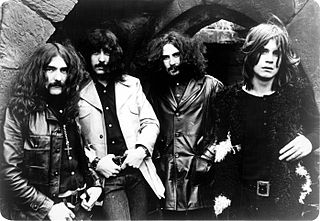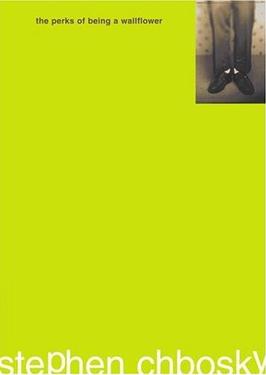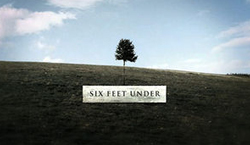Lists
















22 Authors
Authors To Really get into
Sort by:
Recent Desc
Liked by
More lists by Major Purgatory



Musical Artists I Want To Make Time for
Critically Acclaimed Musicians and Artists That I Want To Listen to One Day
July 2020
0
@majorpurgatory



Popular Books I Should Read
Books I heard a lot about but haven't got to reading
July 2020
0
@majorpurgatory



Must Watch Eventually (TV Edition)
Just shows that look good that I really want to watch one day.
July 2020
0
@majorpurgatory



Must Watch (Movie Edition)
Movies That I've heard are good and want to watch
July 2020
0
@majorpurgatory